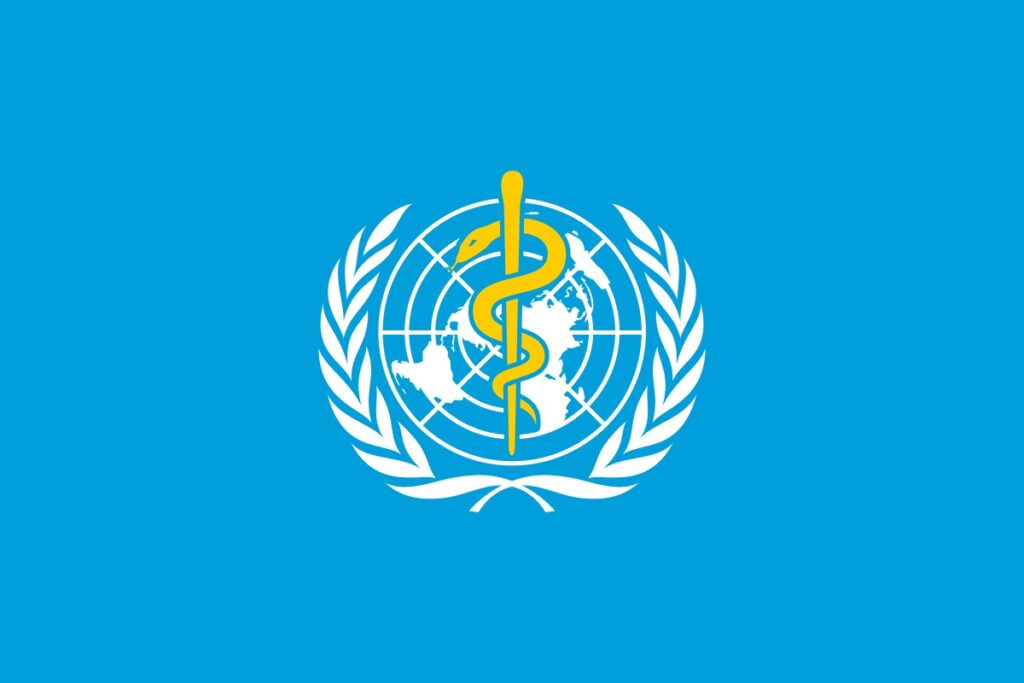Latest report by the World Health Organisation (WHO) has shown major progress in the global fight against measles, with cases and deaths declining sharply over the past 24 years.
According to a statement issued in Abuja by Gavi, the Vaccine Alliance, on Friday, WHO disclosed that global measles cases fell by 71 per cent, from an estimated 38 million in 2000 to 11 million in 2024.
It said that deaths declined by 88 per cent during the same period, dropping from 777,000 to 95,000, the lowest annual estimate in decades.
“An estimated 58.7 million deaths were prevented through measles vaccination between 2000 and 2024,” it said.
The report also noted that measles vaccination provided strong economic returns, delivering 58 dollars for every dollar invested.
Gavi said it had invested 2.2 billion dollars since 2007 to support measles and rubella immunisation efforts across 57 lower-income countries, including 1.1 billion dollars in the last five years.
“The support enabled routine vaccination, catch-up and follow-up campaigns, and outbreak response activities reaching more than 1.3 billion children.
“In 2024, the Alliance supported 24 countries to conduct major catch-up campaigns that reached more than 62 million children.
“It also funded outbreak responses in five countries, vaccinating up to 6.8 million children,” it said.
Gavi said similar preventive and emergency support would continue in more than 20 countries in 2025.
“WHO reported significant progress in Africa, where first-dose measles vaccine coverage increased from 50 per cent in 2000 to 71 per cent in 2024, returning to pre-pandemic levels.
“Second-dose coverage rose from 5 per cent to 55 per cent over the same period.
“The region also recorded a 40 per cent reduction in cases and a 50 per cent decline in deaths compared to 2019.
“Despite these gains, WHO said global coverage remains below pre-COVID-19 levels. First-dose coverage stood at 84 per cent in 2024, below the 86 per cent recorded before the pandemic.
“An estimated 20.6 million children missed their first measles dose last year, more than half of them in Africa,” it said.
The agency said immunity gaps contributed to a resurgence of outbreaks, with 59 countries reporting large or disruptive measles outbreaks in 2024, the highest number since 2003.
“Although global second-dose coverage has risen to 76 per cent, measles transmission can only be interrupted with at least 95 per cent coverage,” it said.
Ms Rebecca Casey, Head of the Measles and Rubella Vaccine Programme at Gavi, said the progress achieved reflected strong long-term partnerships.
“Over 25 years, Gavi’s partnerships with lower-income countries have saved millions of lives and prevented outbreaks.
“The rise in measles cases is a warning that we must not be complacent,” she said.
She outlined four key components of Gavi’s support to lower-income countries.
“The first is funding catch-up vaccination to complement routine immunisation and prevent declines in coverage.
“The second involves helping countries increase their first and second dose coverage, including through Gavi’s zero-dose agenda and the adoption of lower dose-per-vial vaccine presentations.
“The third component is funding and supporting regular preventive measles and measles-rubella campaigns aimed at reaching children who are un- or under-immunised.
“The fourth is supporting outbreak response through the Measles and Rubella Initiative’s Outbreak Response Fund,” she said.
She said it continued to work with global and national health partners to close immunity gaps and protect vulnerable children.
Gavi is a public-private global health partnership that supports vaccination in lower-income countries and has helped immunise more than 1.2 billion children and prevented 20.6 million future deaths since year 2000
The Alliance works with developing country governments, donor governments, WHO, UNICEF, the World Bank, civil society, and the private sector to strengthen health systems and maintain global vaccine stockpiles.

